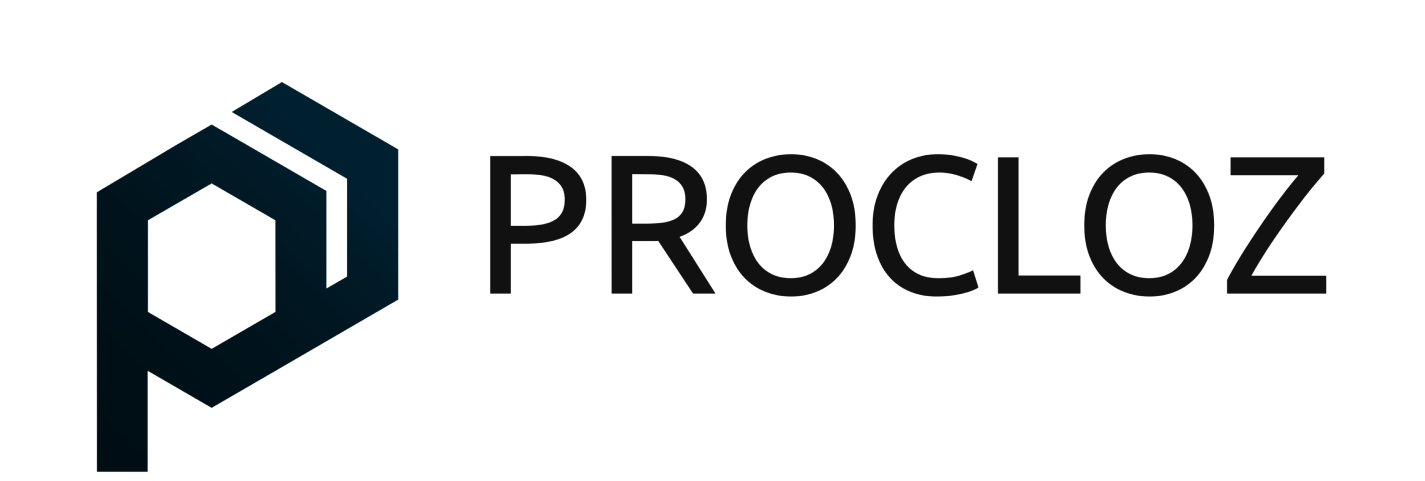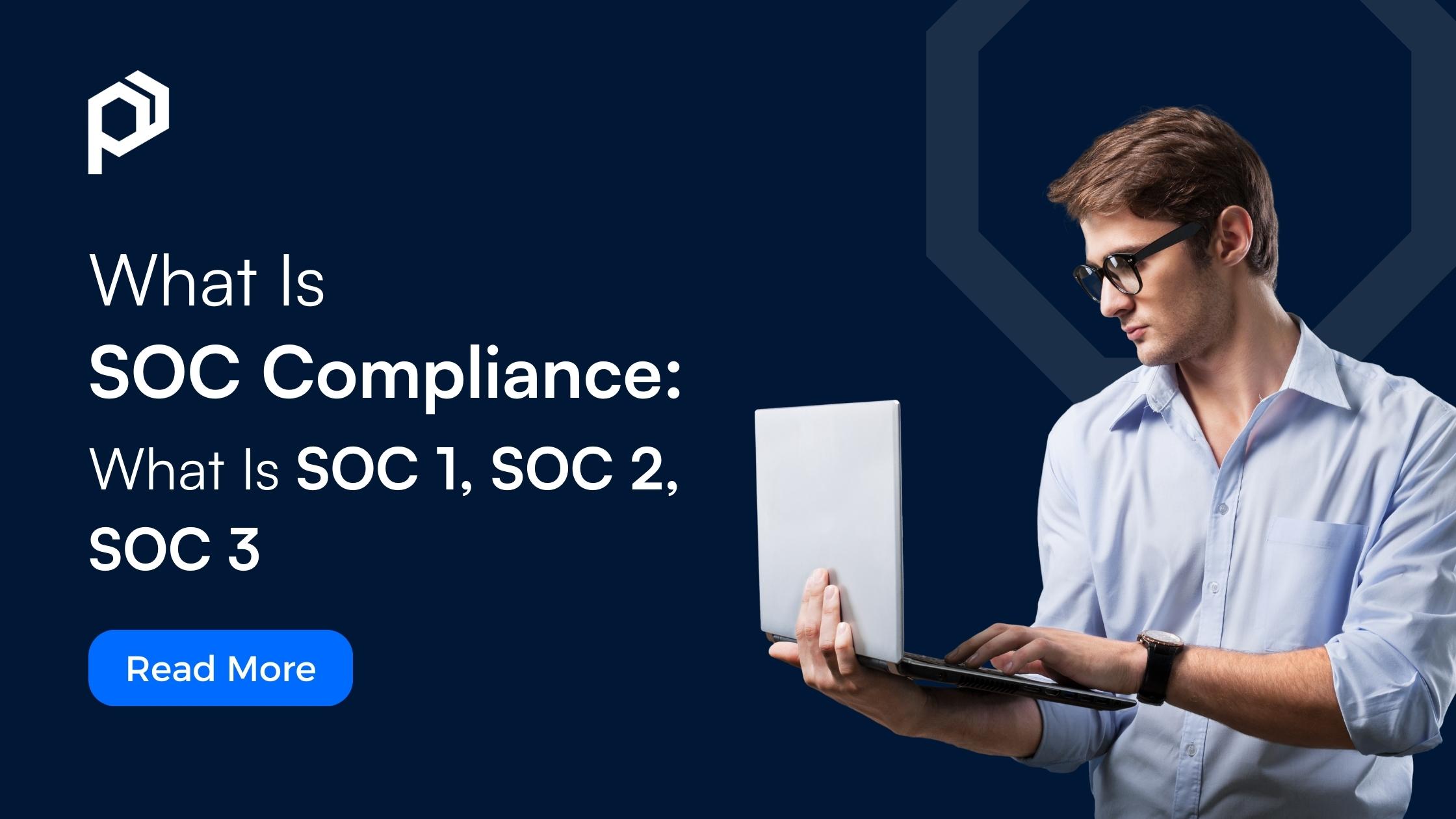What Is SOC Compliance?
SOC compliance represents a series of auditing guidelines that indicate a company has the proper controls in place to keep and secure client information. In 2025, it has become an expected baseline for US companies serving financial institutions, technology providers, and regulated sectors.
SOC, or System and Organization Controls, was created by the American Institute of Certified Public Accountants (AICPA). It replaced the previous SAS 70 audits and offers an open method for organizations to prove security, privacy, and reliability.
To businesses in today’s business automation and holistic automation era, SOC compliance is more than a checkbox, it’s a trust indicator that comforts customers and partners.
Why SOC Compliance Matters in 2025
In the US, businesses operate under increasing scrutiny from regulators, partners, and customers. Whether you run a payroll service, a fintech startup, or a cloud-based SaaS platform, demonstrating SOC compliance shows that your systems protect sensitive information and follow industry best practices.
As digital transformation gains momentum, SOC reports will frequently become a requirement in business process management to enter contracts with big businesses, banks, or publicly traded organizations. If not compliant, your business will be excluded from significant opportunities.
| Attribute | SOC 1 | SOC 2 | SOC 3 |
| Focus | Internal controls over financial reporting | Non-financial controls aligned with Trust Services Criteria | Public-facing version of SOC 2 for trust & marketing |
| Audience | Clients, auditors, financial stakeholders | Clients (usually under NDA), auditors | General public, customers, prospects |
| Key Criteria | Accuracy & transparency of financial reports | Security, availability, processing integrity, confidentiality, privacy | Same Trust Services Criteria as SOC 2 |
| Report Style | Detailed, technical | Detailed, operational & technical | Simplified, non-technical |
| Best For | Payroll processors, loan servicing, investment reporting, financial services | Tech companies, SaaS providers, cloud platforms, data-heavy businesses | Businesses wanting to showcase compliance publicly on website/marketing |
How US Businesses Attain SOC Compliance
In 2025, most businesses begin with a readiness assessment to determine gaps. From there, companies refine processes, document policy, and get ready for audit.
Steps include:
- Mapping business processes to SOC requirements.
- Training employees in security and compliance procedures.
- Using compliance automation tools to simplify audits.
- Collaborating with specialists like Procloz to help navigate complexity.
Outsourcing support not only mitigates risk, it allows leaders to concentrate on expansion while making certain their compliance process is effective and dependable.
Frequently Asked Questions: SOC Compliance Edition
Is SOC 2 compliance required for small and medium-sized US companies?
Yes. Even smaller businesses are frequently asked to provide SOC 2 compliance when they wish to engage with larger corporations, banks, or cloud services partners. At Procloz, we have clients secure larger contracts merely because they are able to prove SOC 2 readiness. It’s not only about regulation—it’s about creating business doors.
How long does it take to become SOC compliant?
Timelines are different, but 6–18 months is how long it typically takes for most US organizations to prepare and pass their first audit. With Procloz’s customized assistance and compliance automation consultancy, numerous small and mid-sized organizations cut that timeframe considerably while escaping usual blunders.
What are some tools that can simplify SOC compliance?
All of these companies now depend on business automation platforms for automating manual work. Procloz brings these tools into your compliance strategy, whether monitoring controls, reporting automation, or SOC 2 audit preparation, so your team can spend less time on paperwork and more time expanding the business.
The Takeaway
In 2025, SOC compliance is not merely a matter of passing an audit, it’s about demonstrating to clients, partners, and regulators that your organization is secure, transparent, and trustworthy.
- SOC 1 enforces financial reporting accuracy.
- SOC 2 assures security and operational controls.
- SOC 3 speaks trust to the public.
At Procloz, we guide US companies through SOC compliance with clarity and confidence. Whether you’re seeking SOC 1, SOC 2, or SOC 3, our approach blends expert advice with automation to make compliance more efficient and strategic.
Want to deepen trust and open up new possibilities? Get in touch with Procloz today and embark on the first step towards SOC compliance.




